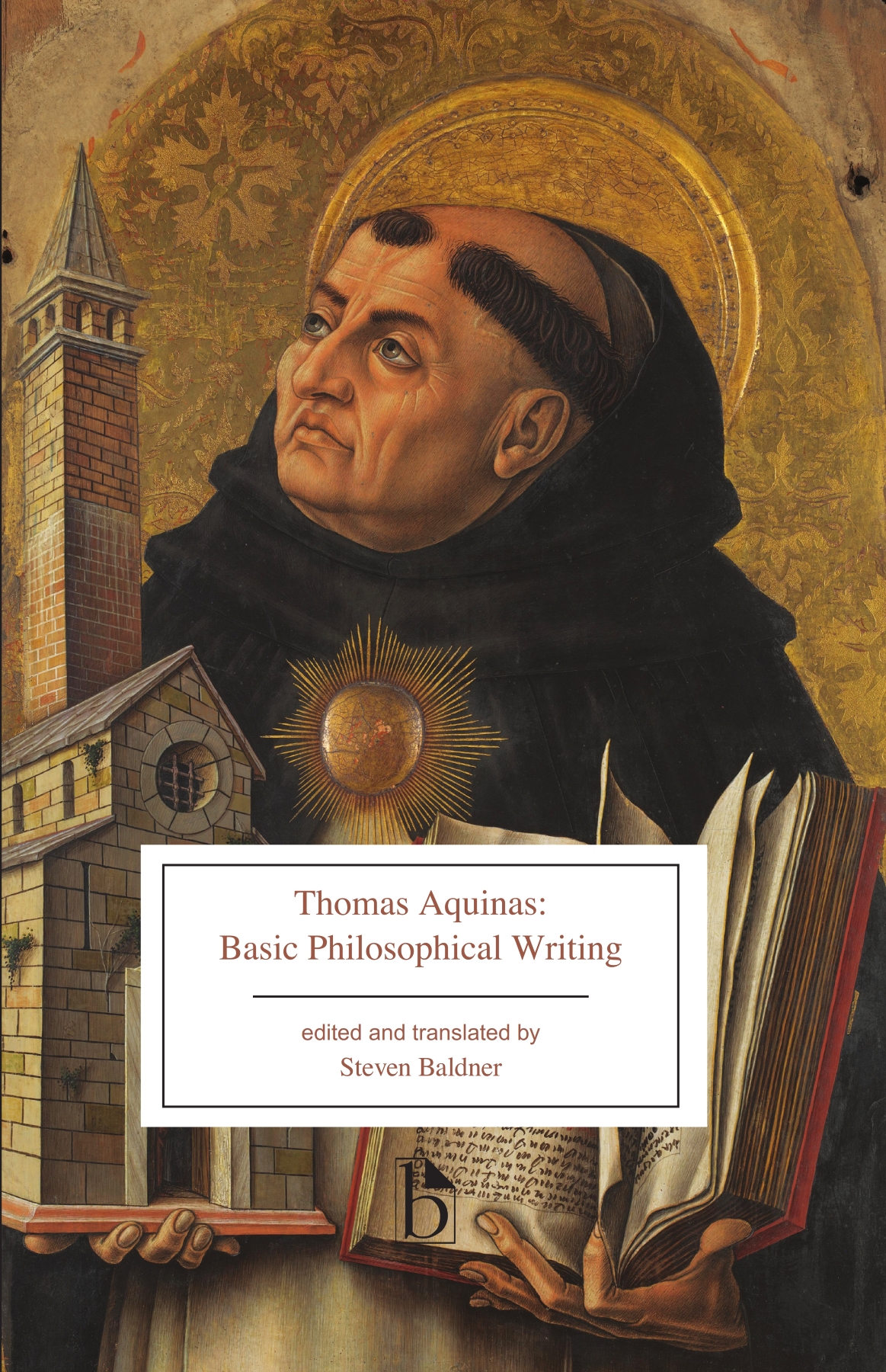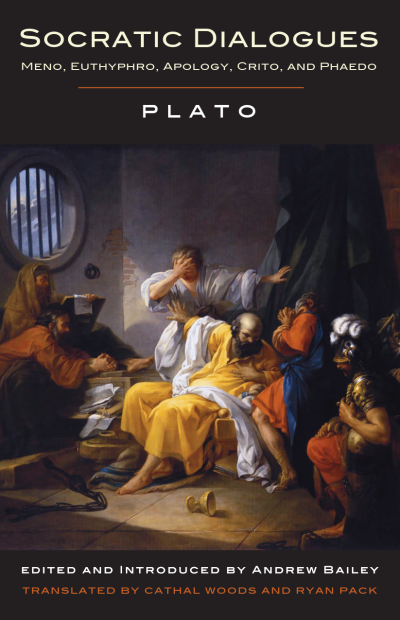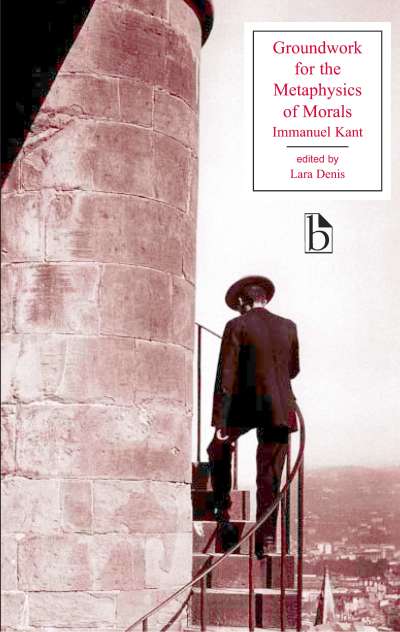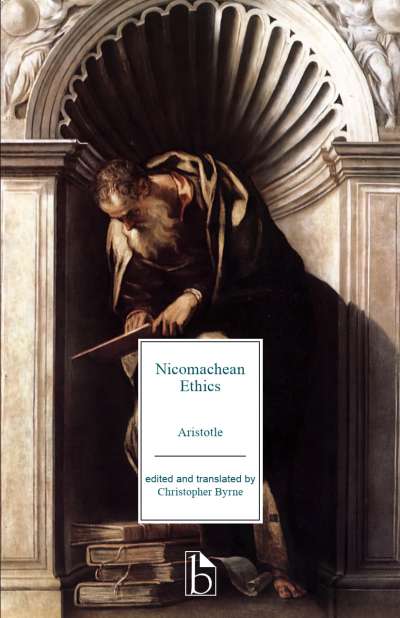This volume contains new translations of the essential philosophical writings of Thomas Aquinas, from the Summa Theologiae and The Principles of Nature. The included texts represent the breadth of Aquinas’s thought, addressing causality, the fundamental principles of nature, the existence of God, how God can be known, how language can be used to describe God, human nature (including the nature of the soul, free will, and epistemology), happiness, ethics, and natural law. The goal of these translations is twofold: to allow Aquinas to speak for himself, but also to make his thought accessible to the contemporary reader without the burden of unnecessary adherence to convention. A thorough introduction to Aquinas and his ideas is included, as is a series of useful appendices connecting Aquinas’s arguments to those of Anselm, Scotus, Ockham, and others.
Comments
“Steven Baldner has put together an excellent introduction to the philosophical thought of Thomas Aquinas. He succeeds both in helping first-time readers past the challenges of Thomas’s technical language and in providing a substantial offering of his thought. With a very readable and informative introduction to Thomas’s life and works, Baldner prepares the way for a presentation of key philosophical writings. To aid the first-time reader, Baldner has provided a lively translation (free but accurate) and a student-friendly editing of the texts to assure maximum ease and accuracy of comprehension. This book will do a lot to bring the brilliance of Thomas Aquinas to a new generation of readers. Well done!” — Montague Brown, St. Anselm College
“The need for a new volume of selections from the works of Aquinas could easily be doubted, but reviewing Steven Baldner’s Basic Philosophical Writing quiets one’s skepticism in this regard. This judgment is owing to a number of student-friendly features, most importantly the very readable biography and the introduction, which pulls together the various texts into a manageable whole. Other notable properties of this volume are the brief lexicon of technical terms used by Aquinas; a ‘cast of characters,’ namely, short entries on the philosophers and theologians whose work Aquinas refers to; and a selection of ‘contrasting texts,’ for example, both Descartes and Anselm on proving God’s existence.” — Mary Catherine Sommers, University of St. Thomas
“Baldner’s volume is a worthy addition to the already burgeoning market of edited collections of Aquinas’s writings. The fluency of Baldner’s translation, the accessible formatting of the selections from the Summa Theologiae, his excellent introductory material, and useful appendices make this volume an invaluable resource for those encountering the thought of St. Thomas for the first time.” — Fr. Justin Gable, Teaching Philosophy













